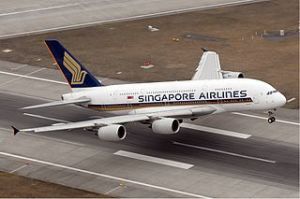Spokesman for the Russian foreign ministry Alexander Lukashevich condemned the United States on Thursday for permitting the release of Sony Pictures raunchy comedy “The Interview.”
After Sony was hacked by an unknown entity, but most likely North Korea, the threat of further cyberattacks convinced the giant entertainment company to shelve the film to protect their interests. As a result of that decision Sony was inundated with criticism, including from President Obama, that caving into threats was not the way the United States, the world’s symbol of freedom and free speech, should respond. Sony relented and the film, an essentially low-brow, expletive not deleted, sexually suggestive trashy comedy became an ironic symbol of free-speech which opened in theaters across the country on Christmas Day.
North Korea already voiced its displeasure, insulting President Obama in the crudest language, a bit reminiscent of the movie they condemned. Now Russia is adding its angry voice to the chorus.
“The very idea of the film is so aggressive and scandalous that the reaction of the North Korean side… is completely understandable,” explained Lukashevich, referring to the film’s story which involves the assassination of the North Korean dictator Kim Jung Un.
“We believe that the threats of revenge and calls on other countries to condemn North Korea voiced in the United States are absolutely counterproductive and dangerous,” he added, adding that the escalation of tensions should be avoided.


